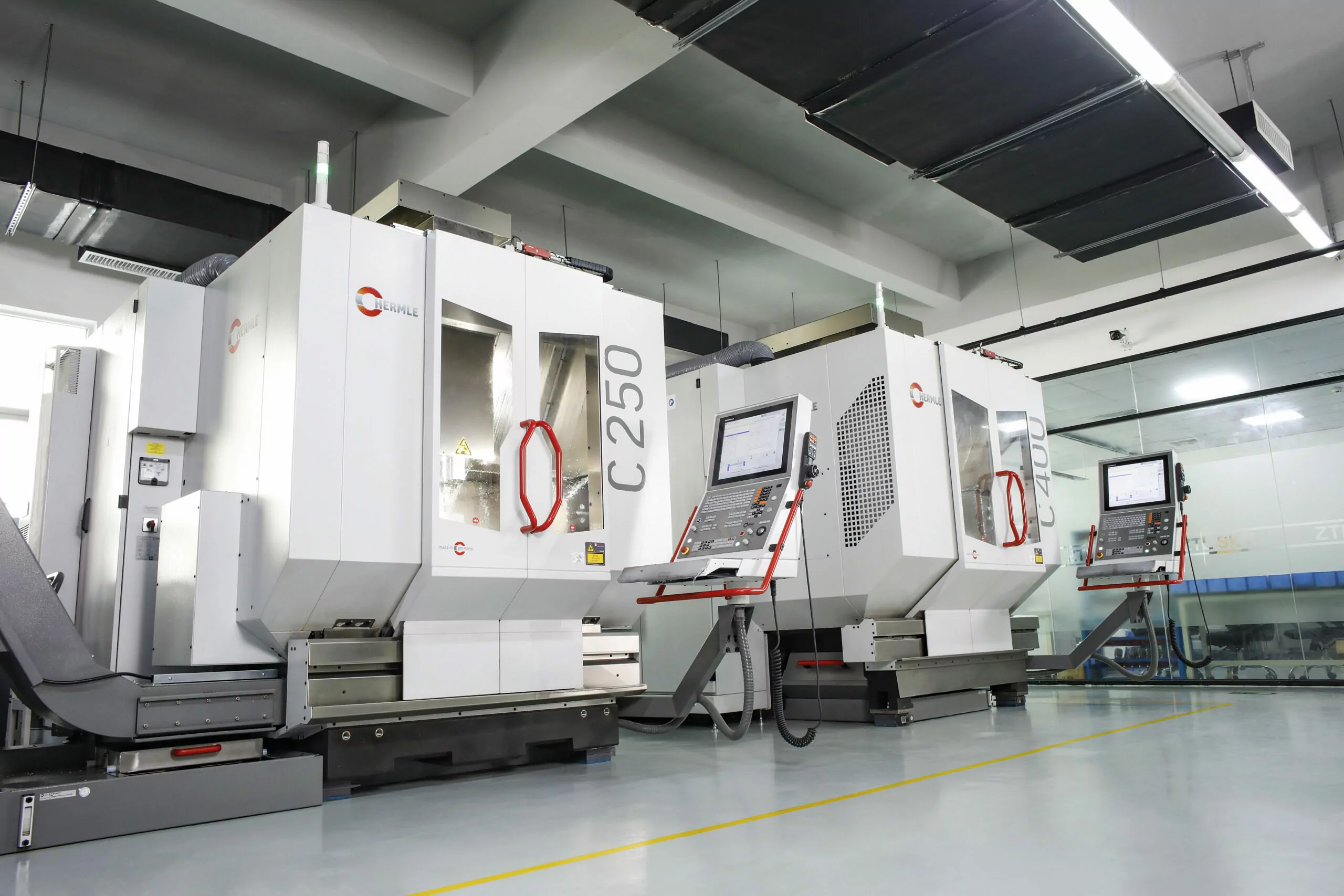Exploring Cutting-Edge Technologies in the World of Machining Companies
Body
When it comes to the world of machining companies, staying at the forefront of technology is crucial for success. In this rapidly evolving industry, exploring cutting-edge technologies is not just a luxury, but a necessity. By embracing innovation, machining companies can enhance their productivity, efficiency, and competitiveness. Let's delve into some of the latest advancements that are revolutionizing the world of machining companies.

Automation: Revolutionizing the Manufacturing Process
One of the most significant advancements in the world of machining companies is the integration of automation into the manufacturing process. Automation technologies, such as robotics and computer numerical control (CNC) systems, have transformed the way machining companies operate. These technologies enable precise and efficient machining, reducing human error and increasing productivity.
For example, CNC machines can perform complex tasks with minimal human intervention. They can execute intricate cutting, drilling, and shaping operations with high precision, resulting in superior quality products. Additionally, robotics can be used to automate repetitive tasks, freeing up human operators to focus on more complex and creative aspects of the manufacturing process.
Advanced Materials and Tooling
Exploring cutting-edge technologies in machining companies also involves the use of advanced materials and tooling. With advancements in materials science, machining companies can now work with a wide range of materials that were previously considered difficult to machine.
For instance, composite materials, such as carbon fiber-reinforced polymers, are gaining popularity in various industries due to their lightweight and high-strength properties. However, machining these materials can be challenging. To overcome this, machining companies are adopting innovative tooling solutions, such as diamond-coated tools and ultrasonic machining, to achieve precise and efficient machining of advanced materials.
Internet of Things (IoT) and Data Analytics
The Internet of Things (IoT) has revolutionized many industries, and machining companies are no exception. By connecting machines, sensors, and other devices, machining companies can gather real-time data and leverage data analytics to optimize their operations.
For example, sensors embedded in machining equipment can collect data on various parameters, such as temperature, vibration, and tool wear. This data can be analyzed to identify patterns and trends, enabling predictive maintenance and minimizing downtime. Furthermore, data analytics can provide insights into process optimization, helping machining companies improve efficiency and reduce waste.
Virtual Reality (VR) and Augmented Reality (AR)
Virtual Reality (VR) and Augmented Reality (AR) technologies are not just limited to the gaming and entertainment industry. They are finding applications in the world of machining companies as well. These technologies offer immersive and interactive experiences that can enhance training, design, and visualization processes.
For instance, VR can be used to simulate machining operations, allowing operators to practice and refine their skills in a virtual environment. AR, on the other hand, can overlay digital information onto the real-world view, providing operators with real-time guidance and instructions during machining processes.
By incorporating VR and AR technologies, machining companies can improve training efficiency, reduce errors, and enhance overall productivity.
In conclusion, exploring cutting-edge technologies in the world of machining companies is essential for staying competitive in today's fast-paced manufacturing landscape. Automation, advanced materials and tooling, IoT and data analytics, as well as VR and AR, are just a few examples of the innovations that are reshaping the industry. By embracing these technologies, machining companies can unlock new levels of productivity, efficiency, and quality, ensuring their continued success in the ever-evolving world of manufacturing.











Comments